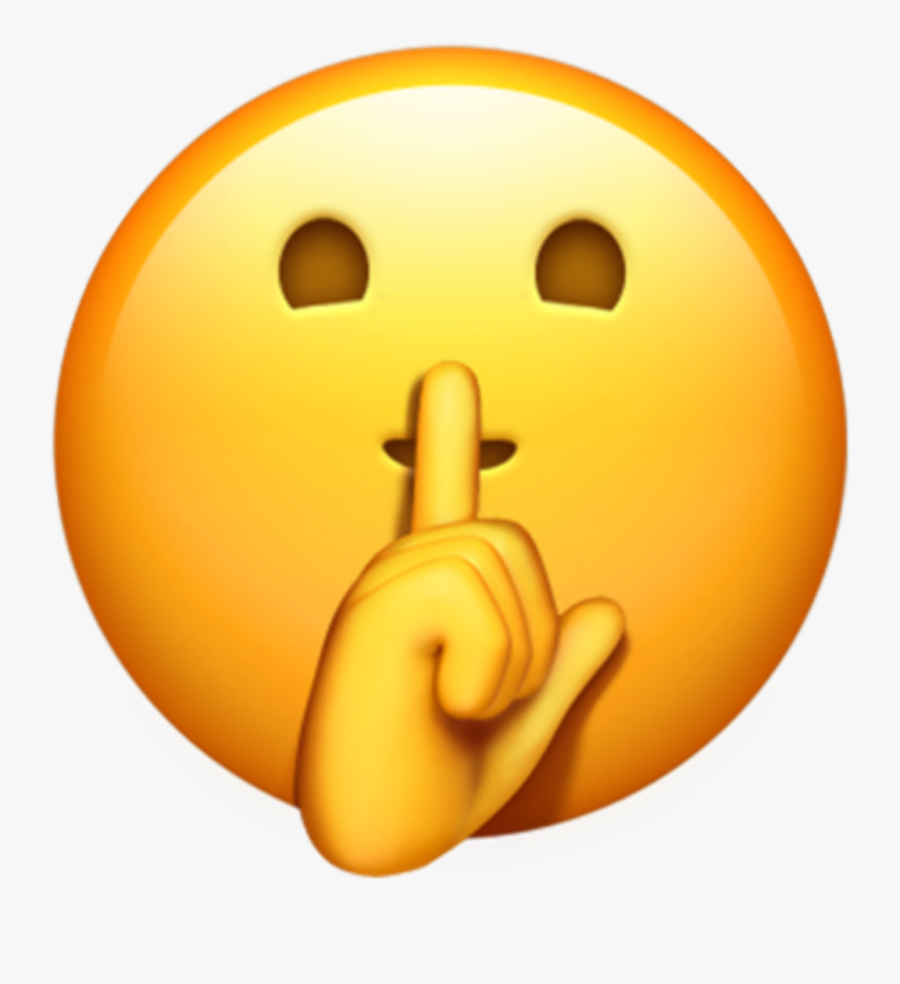I’m working my way through a book by John Mark Comer called, “The Ruthless Elimination of Hurry“. Our world is full of sounds. The ceiling fan hums, the clock ticks, a plane passes overhead, a dog barks, and that’s what you hear if you aren’t listening to the television or if you don’t have your ears plugged with the latest music or podcast. Comer asks what would happen if we turned off the noise and turned on silence?
The noise of the world keeps us constantly, “on”. We’re not meant to live in this constant state of activation. It wears us down. We can’t run at 100% 24/7 without having negative effects. Mental health seems to have declined as the world has gotten noisier.
Music, music everywhere
I’ve spent years as a music director. You’d think that I would be happy to see people constantly listening to music. I’m not. We’re pouring music into our ears but we’re not paying attention. It’s become our oxygen. We breathe it, but we don’t think about it. We don’t appreciate it. I once asked a student what they were listening to and they didn’t know. No big deal, right? Well, imagine eating with a friend and asking them what they’re eating and they say, “I don’t know.”! How is that possible?
Losing attention
The ears that are supposed to hear have been trained to stop differentiating what they are receiving. They’re not hearing. They can’t possibly process all of the noise independently. Let me give you an example.
I’m sitting in a coffee shop. The speakers are playing a song. “What you waiting, what you waiting for…”. Pans are clattering in the kitchen. The front door is banging shut. People at each table are carrying on various conversations. The register is making beeping sounds. One of the machines are making a humming sound. The lady who walked by has squeaky tennis shoes. My fingers are making clicking sounds on the keyboard. Listing these various sounds, this ‘background noise’ has made me anxious.
Shhh
So, what would happen if we cut those sounds down or completely out? Several years ago we had Wenger practice rooms installed in the band room. These rooms aren’t soundproof but they are sound isolating. The effect of entering into the silence of these rooms freaked out many of my students. The silence almost hurt the ears. More than one student told me that they couldn’t stay in the rooms. Are we unable to go ‘cold turkey’ from our noisy world?
I’ve been working on silence lately. It’s not easy to find. The hums of the machines around us are unending. Traffic noise is nearly constant. And, where I live you frequently have an airplane pass overhead. But, I have found more opportunity to get quiet-er. The effect is something like lifting weight off of my shoulders and chest. You become more ‘present’. More aware of your surroundings. You are listening!
Now’s a good time to note that silence works in two domains. We’ve been focused on external sounds but what about internal sounds? I’m not talking about your heartbeat and breathing. I’m talking about your wandering thoughts. When I work (and yes, finding silence is work) on finding time to sit in silence, my mind races like its at the Daytona Speedway. Ultimately we want to have internal silence as well, but finding the off switch to your brain isn’t as easy as turning off the tv.
Maybe our brains need these quiet times to let the thoughts run around. Maybe all the noise around us is yelling at us louder than our thoughts. Could this be why we sometimes can’t sleep at night? Our minds are churning at 2 o’clock in the morning because that’s the only quiet time they can find. Maybe?
Conclusion
So how can you get started? Find a few minutes to stare at the wall. Sounds funny, right? Pull the plugs from your ears for 5 minutes and stare. Follow your breathing, in and out. I’ve sat in my car with everything turned off. That’s a place where you can be alone and the car blocks a good bit of the outside noise. Again, this is a process. Don’t try to sit for a half hour every day. You need a small sip of silence. Once you take a taste you might find that you like it.


2 responses to “The Value of Silence”
One of my musical Heroes – John Cage – remarked that the his preferred experience was silence. He also regarded all sounds as music/musical and was content for them to be just what they are and nothing else.
It is getting so much harder to find silence in which to calm down, refresh and recharge. I have noticed similar symptoms in my students that you have described in yours. We are not on a good path!
I love that you brought John Cage into the conversation! For anyone reading that doesn’t know, John Cage wrote 4’33”. The piece instructs the performer/performers to not play their instruments. The environmental sounds are the music. Thank you for the comment, Jay! https://en.wikipedia.org/wiki/4%E2%80%B233%E2%80%B3